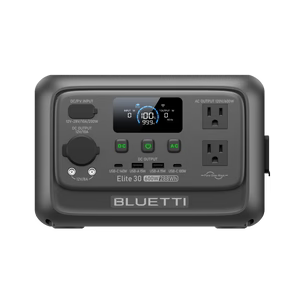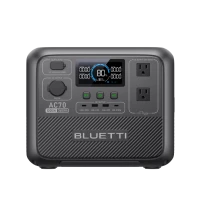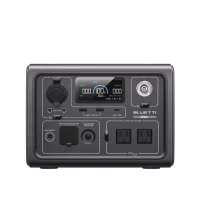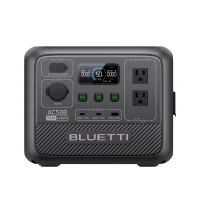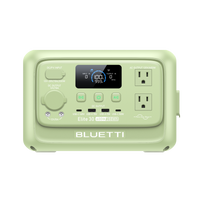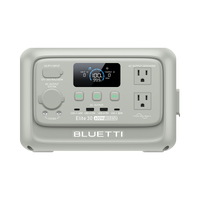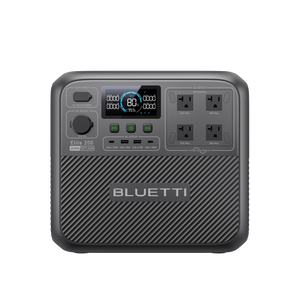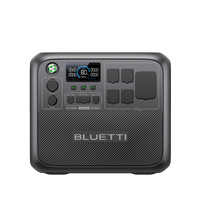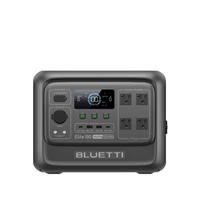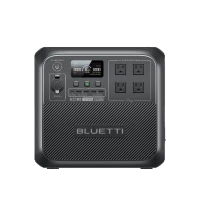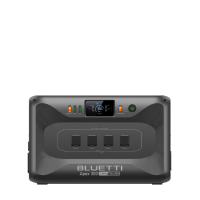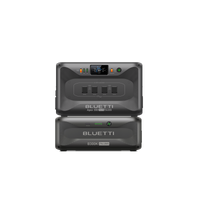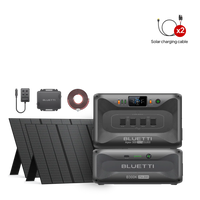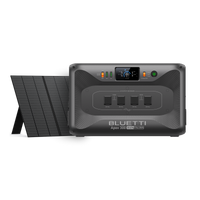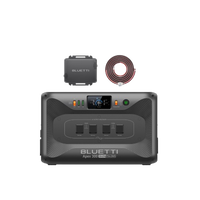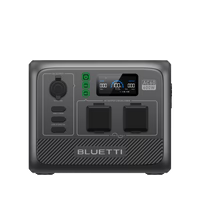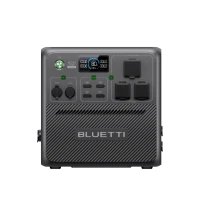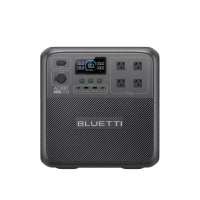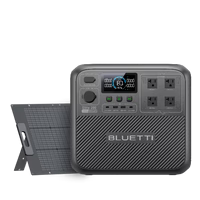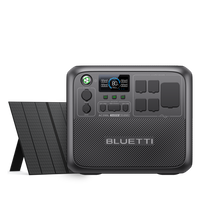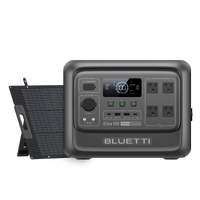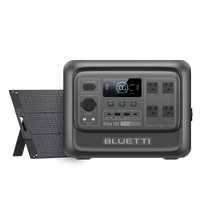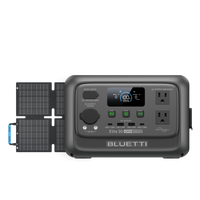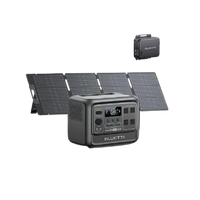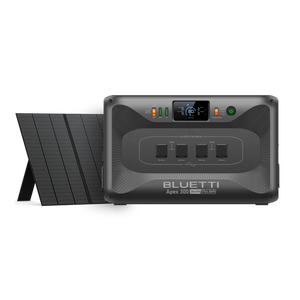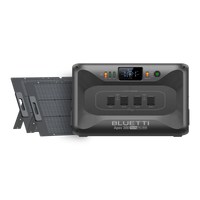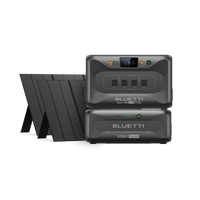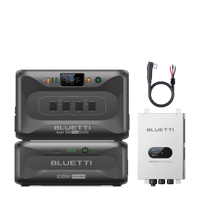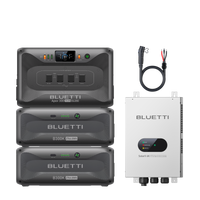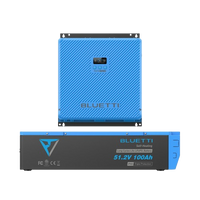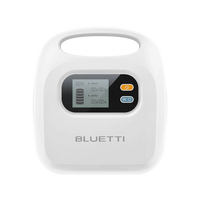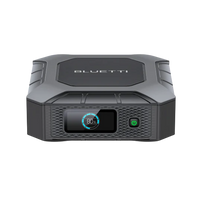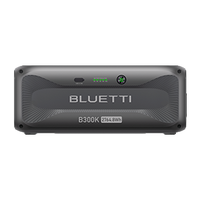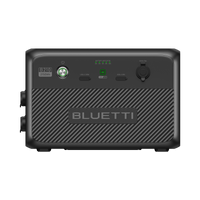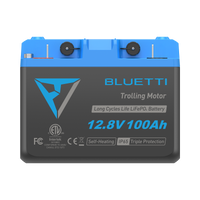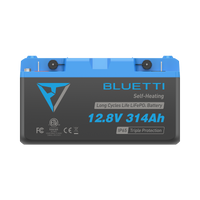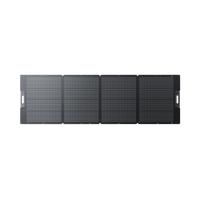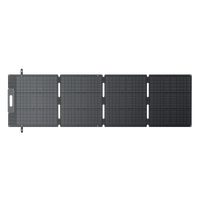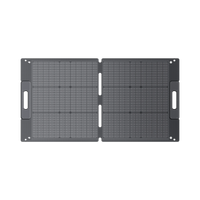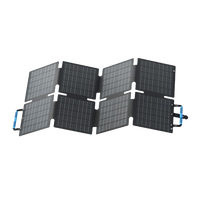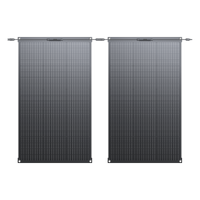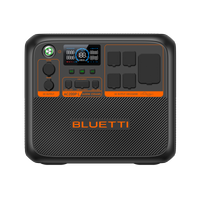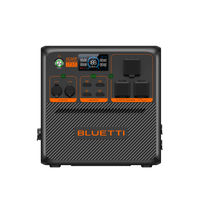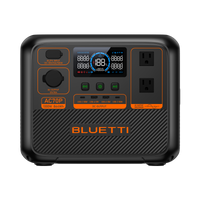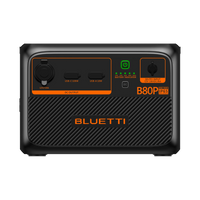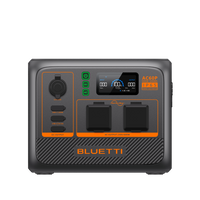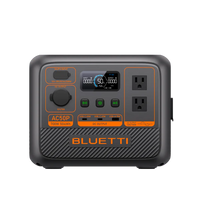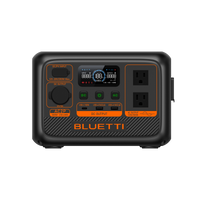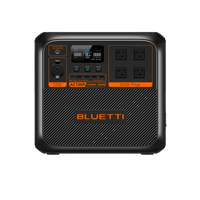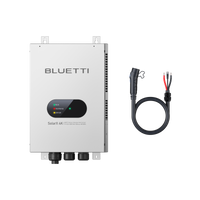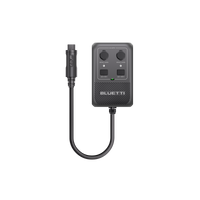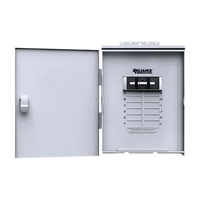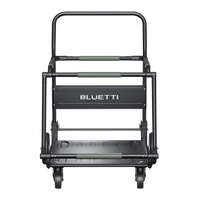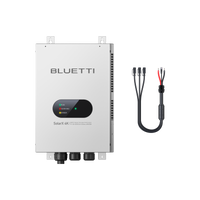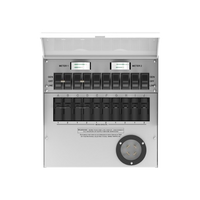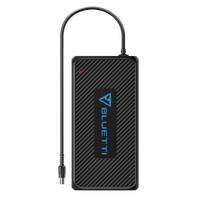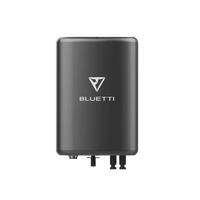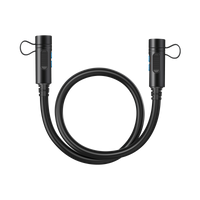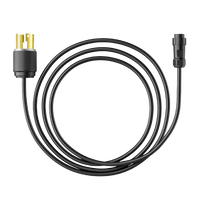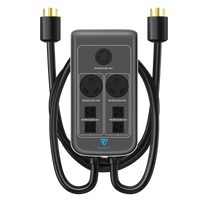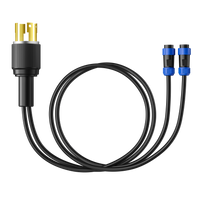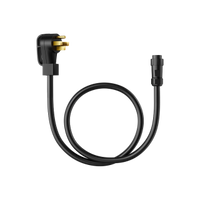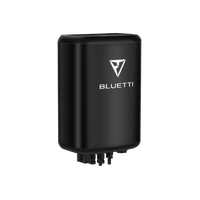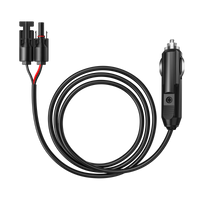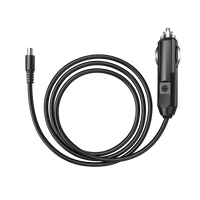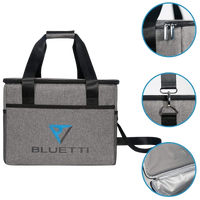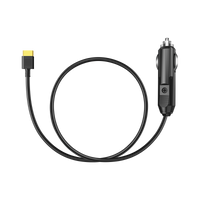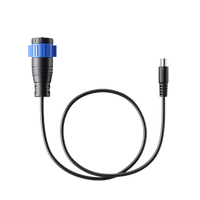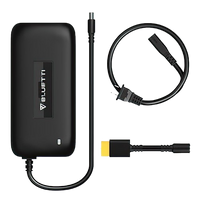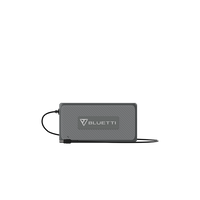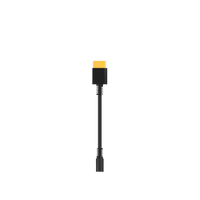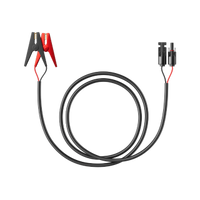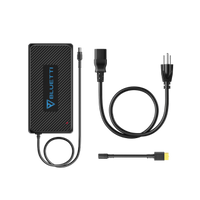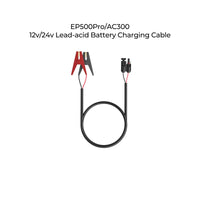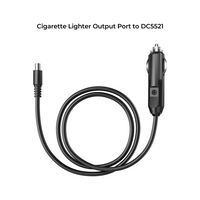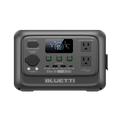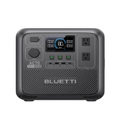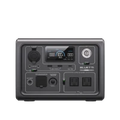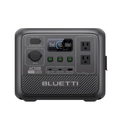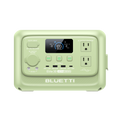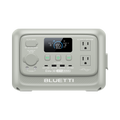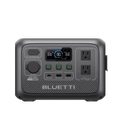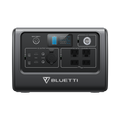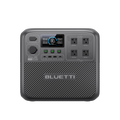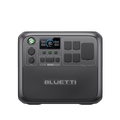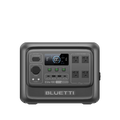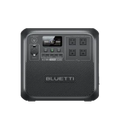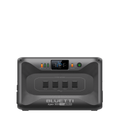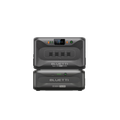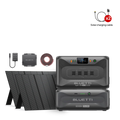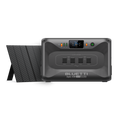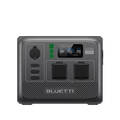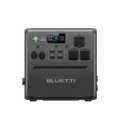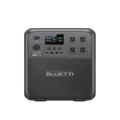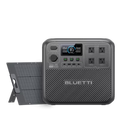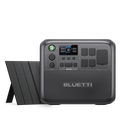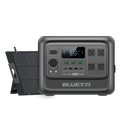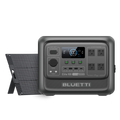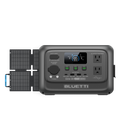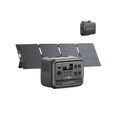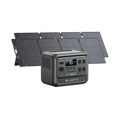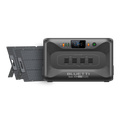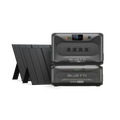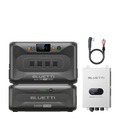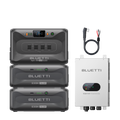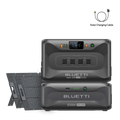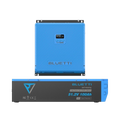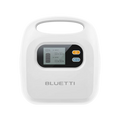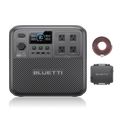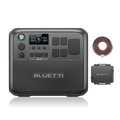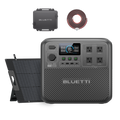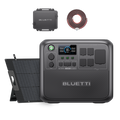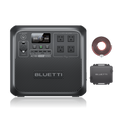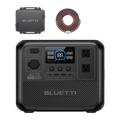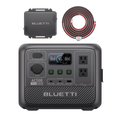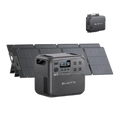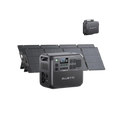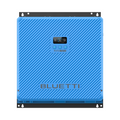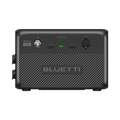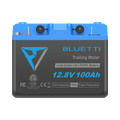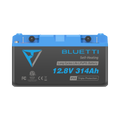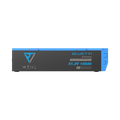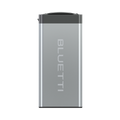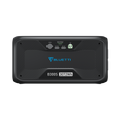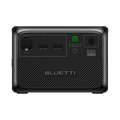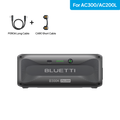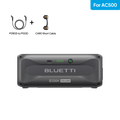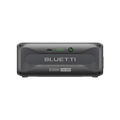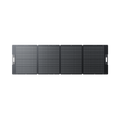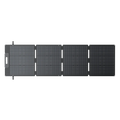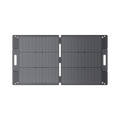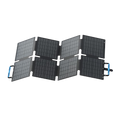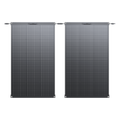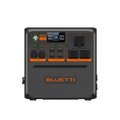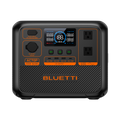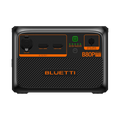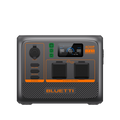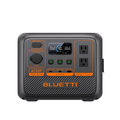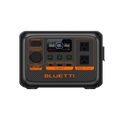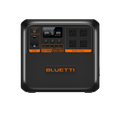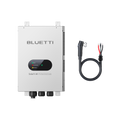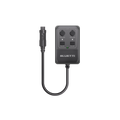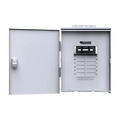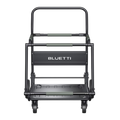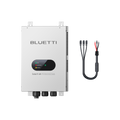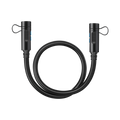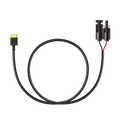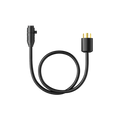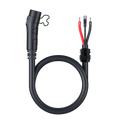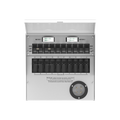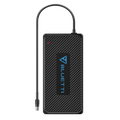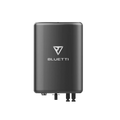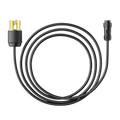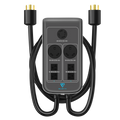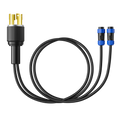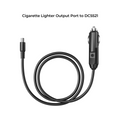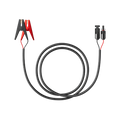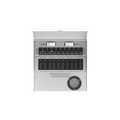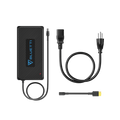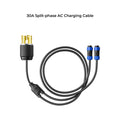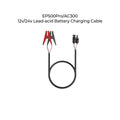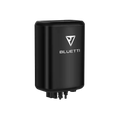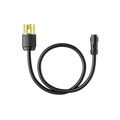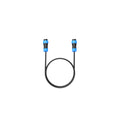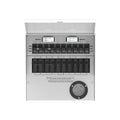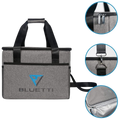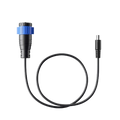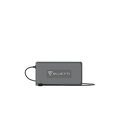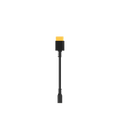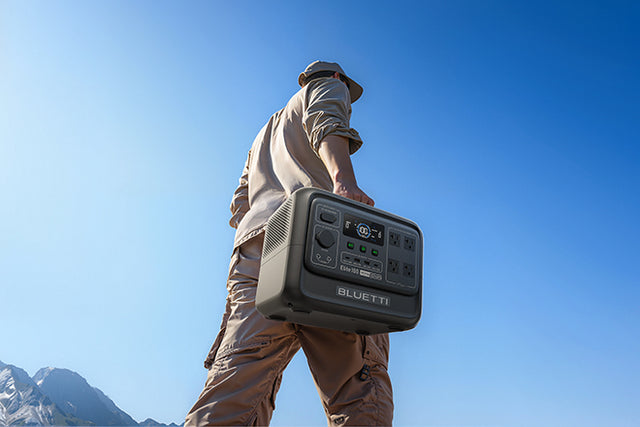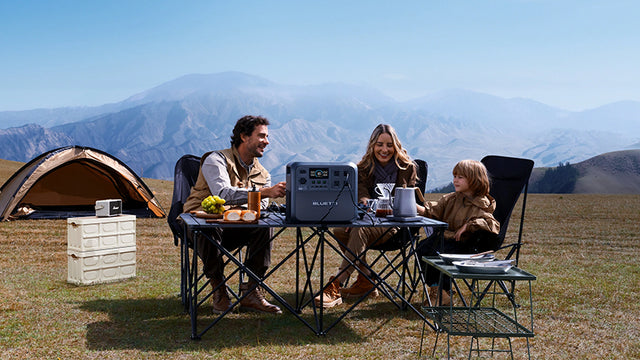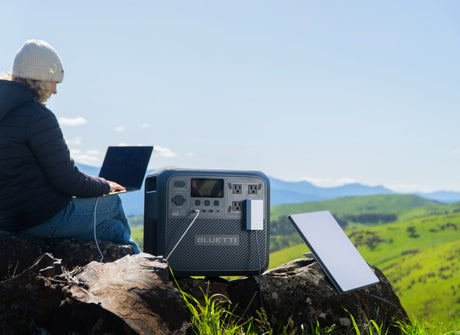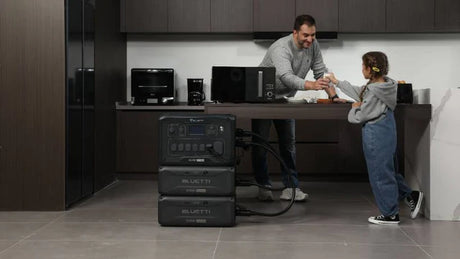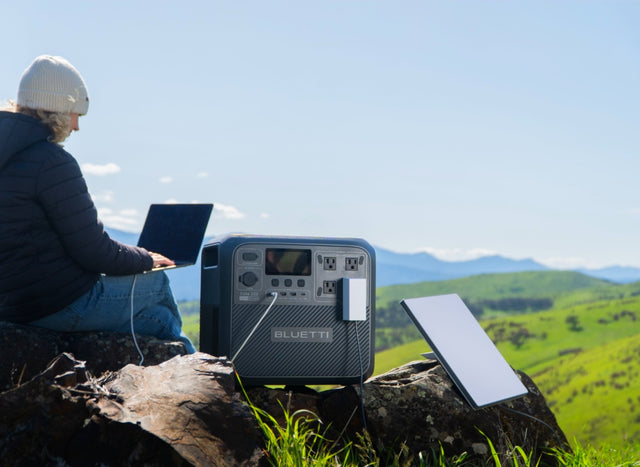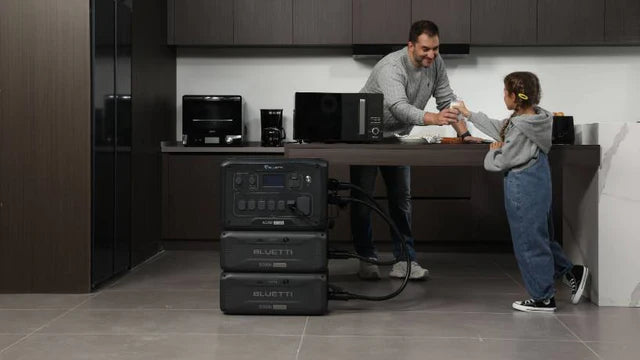This is the solar panels for home cost in Canada you need to know before investing in solar panels. This guide includes everything from installation costs and system sizes to the factors that affect the cost, including location and available incentives. We’re going to reveal what it’s going to cost you to install solar panels in a few different provinces so you can decide if it’s worth the investment, the possible savings and any rebates available for you.
The Average Cost of Solar Panels in Canada (2025 Update)

The solar panels for home cost in Canada will vary depending on multiple factors such as where you live in the country, the type of system you opt to have, and the size of your home. Knowing these price differences will enable you to make an educated determination about your solar options.
Typical Price Range by Province
The solar panels for home cost in Canada will vary by province because of local market conditions, the skill level of certified installers, and how much sun each part of the country gets. The following is a summary of solar installation costs in Canada for 2025:
-
Ontario: Solar panel system cost in Ontario costs between $2.42 to $3.05 per watt depending on the type of installation, with the average 5kW system costing between $17,500 up to $25,000 before any rebates or incentives.
-
British Columbia (BC): The average price per watt in BC ranges from $2.60 to $3.27; so a 5kW system would likely cost between $18,000 and $26,000.
-
Alberta: A 5kW system in Alberta ranges between $17,500 - $23,500 ($2.51 - $2.77 per watt).
-
Québec: The cost in Québec ranges between $2,60 and $3,27 per watt, meaning a 5kW system might run you between $18,000 and $26,000 before incentives.
As you can see, solar panels for home cost in Canada varies widely, province by province. The type and model of solar panel (thin-film, polycrystalline, monocrystalline) also have a role in determining the final price.
Solar Panel Cost Breakdown
The home solar panels cost is more than just the panels themselves. There are multiple pieces to the equation when it comes to the cost of a solar system, including inverters, racking, wiring, installation and, depending on the situation, battery storage.
Upfront Costs
The initial costs to install solar panels are for the panels, inverter, racking and installation. Let’s break it down:
-
Panels: Solar panel prices depend on the type you choose. Thin-film panels are the cheapest of the lot, costing between $1.50 and $2.50 per watt. Polycrystalline panels fit in the middle, at $2.00-$3.00 per watt, and monocrystalline panels are the most expensive type, at $2.50 to $3.50 per watt.
-
Inverters: You’ll need an inverter to transform the DC (direct current) electricity produced by your solar panels into AC (alternating current) electricity used in your home. Inverters typically cost $1,000-3,000, depending on the size of the system.
-
Racking and Wiring: The racking secures the panels to your roof and wiring connects all of the components of the system together. This can cost $1,000 to $2,000.
-
Installation: It also costs a lot to install. A professional installation in Canada runs about $1,000 to $1,700 and this will vary depending on the province you live in and how complex the installation is. This means an installation on a 5kW system may cost between $5,000 and $8,500.
Ongoing Costs
After being installed, solar panels for home cost in Canada are very inexpensive to operate. Ongoing expenses are typically for maintenance, cleaning and perhaps the iiverter replacement we mention earlier.
-
Maintenance: There is not much you need to do to maintain solar panels, but you must make sure they are clean and not covered in leaves or debris. If you are in an environment with a lot of snow or dust build up, you may want to clean multiple times per year. Running costs are extremely low add approximately $100 to $300 per year.
-
Inverter: While the panels often have a lifespan of 25 to 30 years, the inverter will generally need replaced between 10 to 15 years. Repairs averaging between $1,000 to $3,000 are usually needed when replacing a inverter.
-
Cleaning: If your panels need cleaning more than 2X a year, you can end up paying anywhere from $150 – for 400 annually for cleaning costs, depending upon location and need.
DIY vs. Professional Installation
You might save a little bit by installing solar panels yourself, but you probably don’t want to do that unless you’re very familiar with electrical systems and local building codes. Self-installation could lead to warranties being cancelled as well as potential safety hazards. It is also important for the system to be in compliance with local permitting.
Installation for professionals is between $1000-$1700/kW depending on the province, but the professionals will make sure the system is properly sized and installed to code and will be running at peak efficiency.
What Determines the Solar Panels for Home Cost in Canada
The solar panels for home cost in Canada depends on various aspects. It depends on how you use it, where you live, what type of roof you have, how many people live in your house, and the amount of energy you use.
Location & Sunlight Hours
How sunny your house is all year long, plays a large part in whether or not solar is right for you. Places such as Alberta and Ontario get more sunlight and therefore feature lower solar panels for home cost due less equipment required to produce the same amount of energy. If your roof is shaded, or you live in an area that doesn’t receive much direct sunlight, you may need a larger or more efficient system, which could drive up the price.
System Size and Design
The scope of your system will also impact how much do solar panels for home cost. Larger systems use more panels, racking, and wire which costs more. A normal sized solar system for a house is between 5kW to 10kW. But the price per watt typically falls, as system size grows. If yours is a bigger home and you use more energy, you might need a 10kW system, which could run you between $35,000 and $50,000.
Net Metering & Local Utility Rules
Net metering lets homeowners sell any extra power back to the grid. Having solar panels can also lower the cost of solar panels for home by net metering, a program available in many provinces that credits your electricity bill for generating more power than you use. Net metering, like that provided in provinces such as Ontario and British Columbia, also simplifies the process to recoup the costs of your solar system as years go by. Each province has different regulations and compensation rates imposed on the policy of net metering, so it is critical you confirm with your local electricity utility the way it works.
Are Solar Panels Worth It? (Savings & Payback)

When it comes to solar panel cost for home, one of the biggest worries homeowners have is the return on investment. The good news is that in many instances, the payback period for solar panels can be relatively short, and the savings on electricity bills may be substantial in the long run.
Average Payback Period
Typically, systems in Canada pay for themselves in 7-12 years. The time to get a return can vary based on how much energy you use, the size of the system and the province in which you live. For instance, a 6kW system saving $1,200 a year, would have a payback of roughly a decade when it comes to solar panels for home cost in Canada.
ROI on solar panels is getting better in Canada. As the cost of electricity continues to rise in Canada, the ROI on solar panels has gone up. As long as utility prices are increasing, the cost of solar power will remain low, resulting in a decrease of the cost of solar panels for homes over the long term.
Grid Electricity vs Solar
With electricity prices increasing, the real ROI for installing solar panels is in the solar panels themselves. By generating electricity with your own solar panels, you rely less on the grid, meaning you are less vulnerable to future electricity rate hikes. This can drastically reduce your energy bills, meaning you’ll see quicker payback and more long-term savings.
Battery Backup = Extra Value
You can even add a battery backup system to the mix for greater value, as it will keep your household running during power outages. For instance, modular solutions such as the BLUETTI Apex 300 and BLUETTI EP760 can offer off-grid functions, backup during blackouts, and increased energy independence.
Installing a battery backup does add additional years to your payback period, but you might want to consider it if you live in an area that experiences power outages or if you want to get the most value from your solar power outside of when the sun is shining.
Rebates and Incentives Available (2025)

In an effort to further lower solar panels for home cost in Canada, there are also rebates, tax incentives, and funding programs available from the Canadian government, as well as provincial and local government. Those incentives could really cut your upfront costs.
At the federal level - Clean Energy Credit (30%)
The Canadian government also provides a Clean Energy Credit to homeowners who buy solar panel systems. This rebate can help pay for up to 30% of the price of the system (panels and battery storage combined). This is a federal credit that you can use as a way to bring down the cost of your solar panels for home.
Provincial Incentives
There is a different set of incentives for solar installations in every province. Here is a brief rundown of some available programs:
-
Ontario: Net metering and Home Efficiency Rebate Plus (HER+) work to reduce the cost of installing solar.
-
Alberta: Provides local grant programs and Residential and Commercial Solar Program.
-
BC: Offers a mix of rebates and net metering initiatives to solar converts.
-
Québec: Provides grid access charges and export credits to solar owners.
These subsidies will diminish the total solar panels for home cost and will definitely make solar energy a cheaper option for homeowners.
BLUETTI Apex 300 + SolarX 4K Solar System

The BLUETTI Apex 300 offers flexible and scalable solution for homeowners. This outdoor power supply can provide instant backup power in case of power outages with a capacity of 2,764.8Wh and an output of 3,840W. It’s time to keep your fridge, lights, fans, router, and sump pump running, thanks to the Apex 300. Your home will never be without power, and you’ll get the much needed peace of mind knowing that your internet and security systems are powered and protected. 0ms UPS switching gives you reliable power while descending, and will keep you confident during sustained outages.
What really amazing about the Apex 300 is its versatility. Offered as a long-term solution to residential customers in search of greater reliability, it is capable of increasing to a maximum usable capacity of 58kWh and maximum power output of 11.52kW as a customer’s needs change. Combined with the SolarX 4K panel system providing up to 6,400W solar input, the BLUETTI Apex 300 is a complete solar + battery solution that ensures your entire household is covered.
Solar Battery Cost and Bundled Packages
It so happens that battery storage products like the Apex 300 or EP760 can add value to your solar as well by allowing the ability to store your excess power for later use. Battery systems do increase the solar panels for home cost, but in return, provide more energy independence and backup during power failures.
Is A Solar Panel Right for Your Home?

There are some things to think about before you have solar installed!
-
How high is your energy bill?
-
Do you have good access to a roof for panel installation?
-
Do you plan on being in your home for a long period of time?
Receiving a proposal from a local installer and an assessment of your site will let you know what the cost of solar panels is for your household.
FAQs
What is the cost per watt in Canada?
You can expect to pay anywhere between $2.42 to $3.27 per watt for solar panels for home in Canada depending on the province and size of your system.
What size system do I need?
The average house rooftop array is around 5kW to 10kW. The average-sized home can get by with a 6kW system.
Can solar panels get rid of my electricity bill?
Solar panels can slash your electricity bill, but they might not eliminate it entirely, especially if you use a lot of energy or have a small system.
What is the lifespan of solar panels and batteries?
Solar panels last in the range of 25–30 years, and batteries last on the order of 10–15 years before they must be replaced.
Do we pay tax on solar system in Canada?
Generally, solar systems are not taxed in Canada. But you can claim an Input Tax Credit (ITC) on the taxes you might have paid for the installation.
